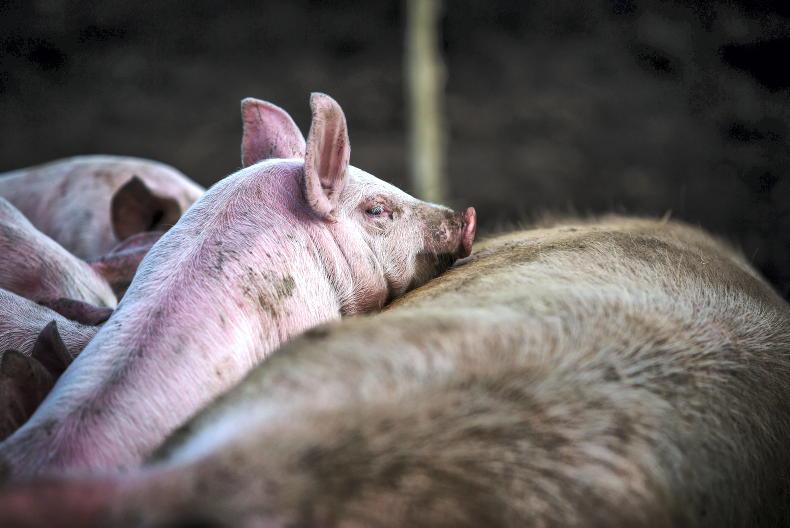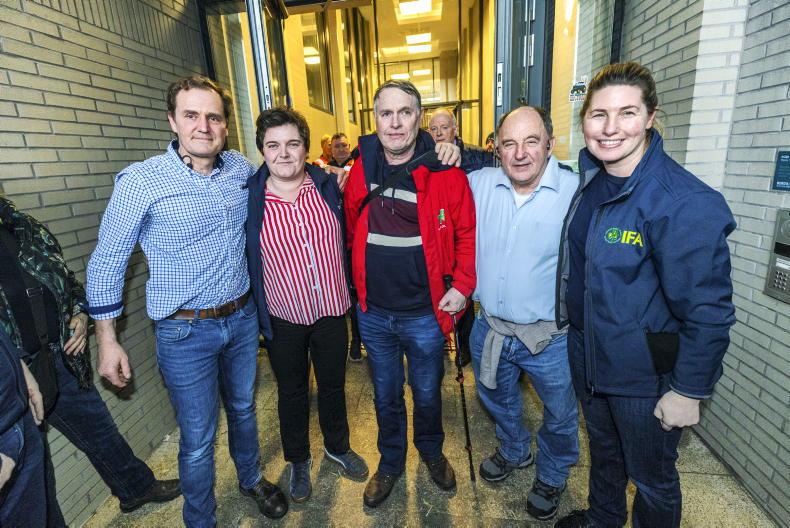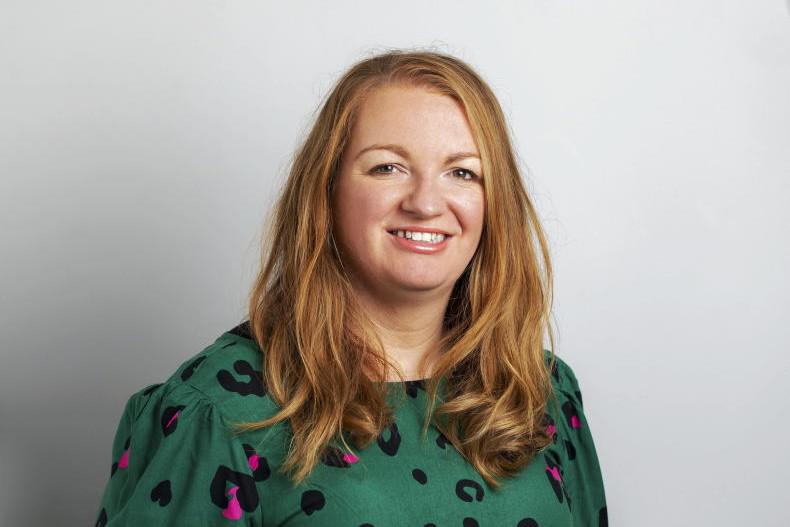The position of the IFA president on the board of Bord Bia and whether that should continue was raised at the Meath IFA hustings on Monday night.
Tony Brady of the Kildalkey branch asked if the successful candidate will take their seat on the board given what he said was the “disgusting” behaviour of Bord Bia during the beef protests.
All three candidates, Angus Woods, Tim Cullinan and John Coughlan, said they would take the seat on the board.
Angus Woods said Irish products need better marketing that at present. He asked the question whether it was better to “change things from the inside or try and do it from the street”.
He believes the IFA could best influence Bord Bia from the inside but said “someone strong” was needed at such meetings.
Deputy debate wrapped up here comes the main event... Angus Woods (@woods_angus) is up first. He stresses that the IFA livestock committee has delivered starting with a close out in the Bord Bia QA scheme right up to the €100m BEAM scheme @farmersjournal pic.twitter.com/XSDbxFyHCG
— Barry Cassidy (@BarryJCassidy) November 11, 2019
John Coughlan also said he should sit on the board from where he could challenge Bord Bia. Coughlan said marketing should be more focused on the Europe. He also believes Bord Bia inspections should be every three to four years instead of every 18 months.
Tim Cullianan said he would take the seat. However, he stated that he would be willing to consider his position if farmers were not “getting value for money”. He said farmers contributed €4m of Bord Bia’s €50m funding and there was “no point in just sitting there”.
Dairy
There was a strong dairy representation in the room and calf welfare and the nitrates derogation featured prominently.
Following weeks of focus on the increased number of dairy calves expected next spring, candidates were asked to state their stance on the slaughter of calves.
John Coughlan said caution was needed not to talk calf prices into the ground as there were “a hell of a lot of good calves being produced”. He said there is a trade for a certain number of calves and if they were slaughtered correctly under Department supervision he would have no issue.
Standing room only tonight at the Meath/Dublin IFA hustings -- first up Brian Rushe (@brianrushe81) who says he's heard a lot of criticism of the IFA's communication and vows to reform it so members know what's going on and they can feed into IFA strategy @farmersjournal pic.twitter.com/Fv8vgNU25v
— Barry Cassidy (@BarryJCassidy) November 11, 2019
Angus Woods warned the “social licence” of farmers needed to be protected. He said some organisations were “scrambling for the high moral ground”, which he said is not what is needed.
Tim Cullinan said everything possible needs to be done to protect on-farm investment. He said 500,000 calves would need to be exported next spring.
All three candidates agreed that the derogation needed to be protected at all costs.
Eamonn Meade from the Nobber branch asked if the president would be willing to take a 15% paycut. The reply from the top table was that the finance committee set the president's wage and therefore the president had no say in the matter.
Environment
The deputy presidential debate focused heavily around environmental issues.
Lawrence Ward from Dunboyne said farmers should be paid for scrubland and other areas rich in biodiversity, rather than incurring a penalty on a BPS application.
Brian Rushe said he wanted to see a scheme that began with a base payment to recognise work farmers were already doing. He said there should then be add on measures that farmers could pick from to boost their payment. He said it was “ridiculous” that farmers were penalised for such land.
However, he warned that there could not be additional costs placed on farmers in order to meet public expectations. He said any added costs to address climate issues will come off farmers’ bottom lines.
Thomas Cooney said he wanted to see biodiversity-rich areas eligible for environmental scheme payments, like they were under Rural Environment Protection Scheme (REPS). He said Teagasc is currently conducting a study that will count and credit the carbon sink ability of such areas.
Cooney said whatever future environmental schemes must be complementary with Ireland’s grass based production system and not seek to restrict the suckler herds.
CAP reform featured also. All five candidates agreed that there should be upward only convergence.








SHARING OPTIONS